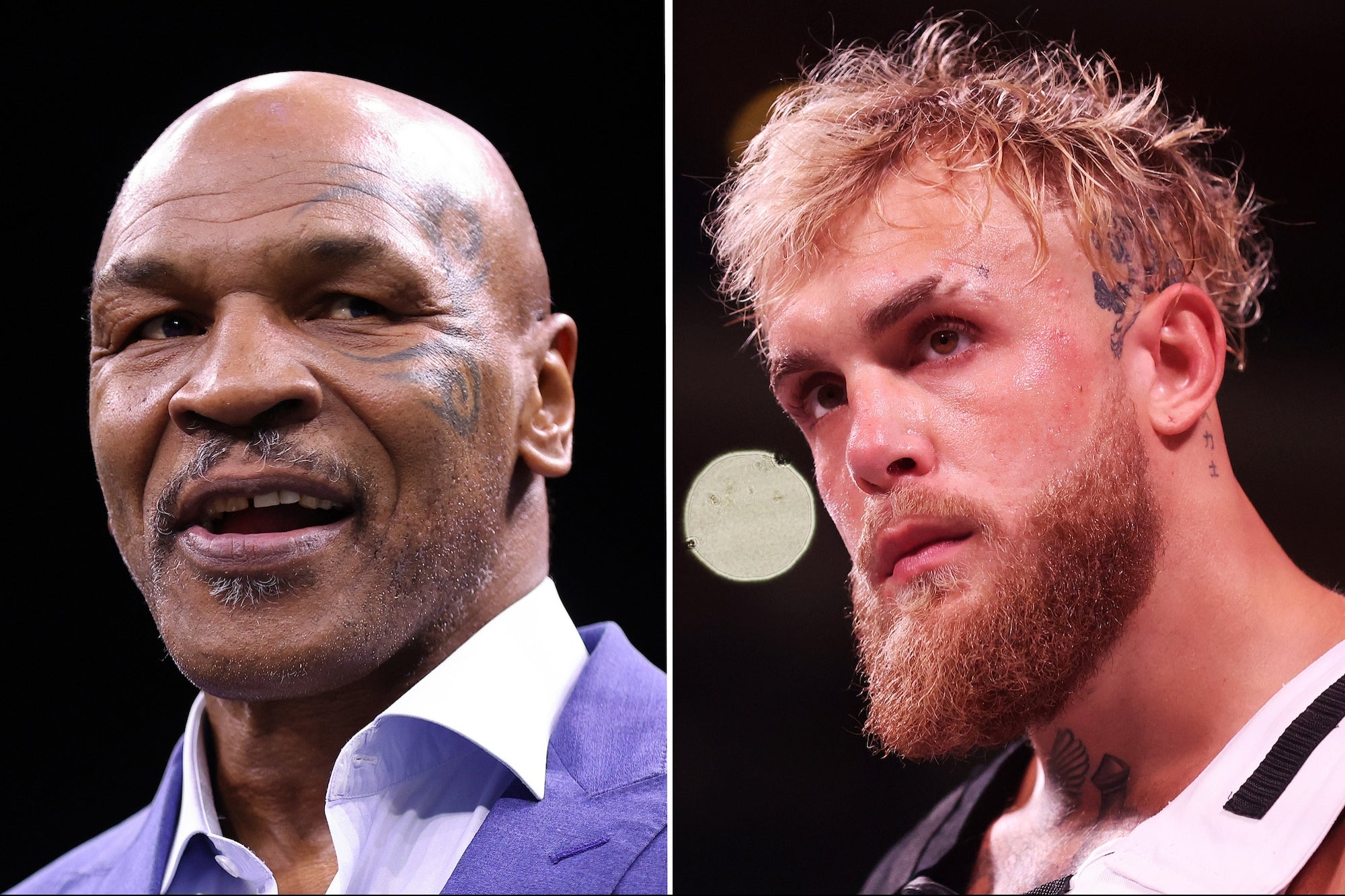Is Branding Relevant for SMEs? Here are a few things to think about to reflect branding ideas in your own entrepreneurial venture
By Ashish Merchant •
Opinions expressed by Entrepreneur contributors are their own.
You're reading Entrepreneur India, an international franchise of Entrepreneur Media.

The Tata as a brand continues to remain India's most valuable brand as per the latest findings by Brand Finance, UK. Tata's brand value is estimated at $14.2 billion. This is more than the values of No.2 (Airtel valued $6.7 billion) and No.3 (Infosys valued at $6 billion) combined! By contrast, Tata was never designed to be a ruthless value-creation engine. In fact, of every 3 rupees earned by Tata Sons (the holding company), 2 rupees goes to Tata Trusts. This profit is channelled towards development. Which means every year, about INR 800 crores of profit is contributed towards education, nutrition, rural livelihood and sanitation and poverty alleviation! How is it that an organization that was designed with altruism in mind does so well with consumers against ruthless marketers?
What's in the Name?
Simon Sinek, in his seminal publication, "Start with Why: How Great Leaders Inspire Everyone to Take Action" described his assertion with this example of Apple. Apple doesn't describe the features, speed, or price-performance of its computers. Instead, it leads with what the Brand "Apple" stands for. Apple makes no bones about its assertion that it wants to change the world! Apple aims to challenge the status quo, to think differently. And therefore…. Apple makes its products user-friendly, beautifully designed, and easy to use. Apple just happens to make computers in this endeavour! This is a powerful emotive appeal – much more than features and price! Incidentally, Apple (like the Tata's in India), continues to lead the pack. Forbes Magazine ranked Apple as world's most valuable brand for the eighth straight year (valued at $182.8 billion).
So, how does this apply to us entrepreneurs? The simple answer is, as we think of our business operations, think of "Why do we exist?" And chances are the answer will like in philosophy, a goal, an aspiration (as opposed to a cost or an operations advantage).
According to research published by Melanie Curtin from Inc Magazine (in March 2018), 73per cent millennials are willing to spend more money on brands that are socially responsible. Here are three pointers to think about how you could reflect these ideas in your own entrepreneurial venture:
In your own offerings, try to build in empowerment, choice and personal relevance. These could be built as either product attributes or as features of a loyalty initiative. You'll surprise yourself how much affection you could seed with this one simple act.
Try to be a (sincere) mentor to a cause that your clients care about – this could be monetary or by way of voluntary contribution of time and expertise. Ideally, the cause should be relevant to and in sync with your purpose for existence.
Help Foster Dialogue (through your communication in mass media, on social media, through newsletters or through events). Ideally, tailor your messaging to ensure relevance to your reader segments. This is not glorified PR. This is sincere conversations. Be careful - stakeholders today are well-informed and well connected socially. Less than credible angles run the risk of disrepute.












